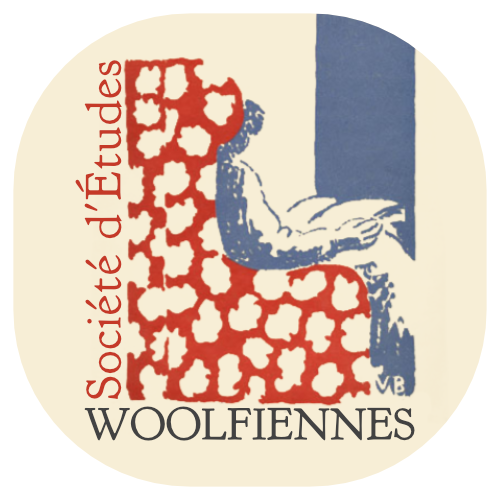Atelier commun SEM-SEW « Frontières et déplacements » — Congrès SAES 2024
Veuillez trouver l'appel à contributions pour le prochain atelier commun de la SEM et de la SEW : les propositions sont à faire parvenir avant le 1er décembre.

French Society for Woolf Studies

French Society for Woolf Studies